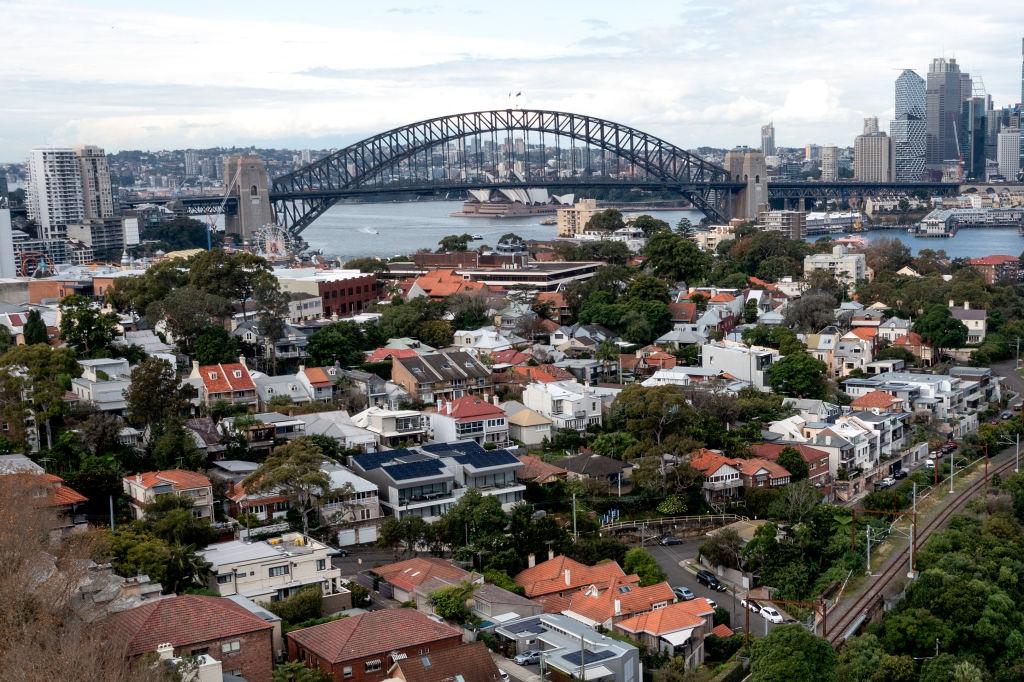The Minns Labor government is set to introduce significant reforms to rental laws in Australia’s most populous state New South Wales to cap the number of rental increases to once per year.
This new regulation, presented in Parliament on Oct. 15, aims to provide stability and fairness for the state’s 2.2 million renters.





